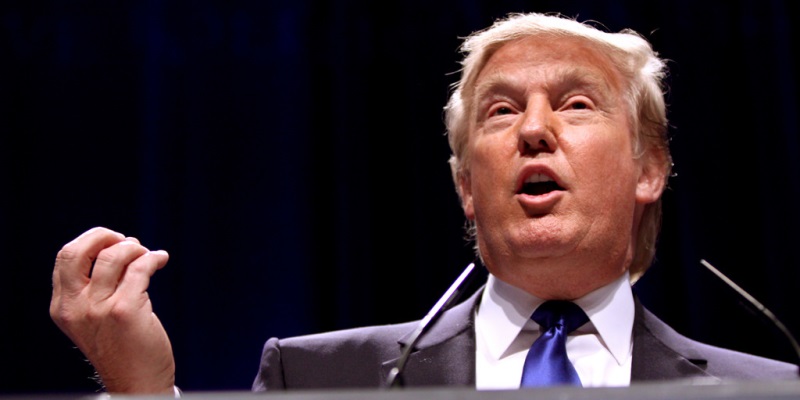The Trudeau government wants online streaming services to operate under the same rules that apply to traditional broadcasters.
protectionism
Eastern Europe's socialist economies opted for different paths to market liberalization.
Back then, many countries including Germany, Japan and the United States embraced List’s tariff walls.
The U.S. wants to diminish the WTO’s ability to settle trade disputes.
In a $19 trillion economy, the loss of a $70 billion industry just isn’t that big a deal.
Canada invented contingent protectionism back in 1904, so we’re not exactly innocents in this area.
President Trump seems to be taking a 1930s-style beggar-thy-neighbour approach to trade.
Years ago when I lived in Victoria and manned a small office, a salesman wandered in and tried to sell me his particular photocopier. He noted my current machine was Japanese but his was Canadian. So obviously, I should support Canadian jobs and lease his made-in-Canada brand instead.
Ever since Berkshire Hathaway Energy announced it would buy up Calgary-based AltaLink Ltd (an electricity transmission company with 12,000 kilometres of power lines), the predictable protectionist sentiment ramped up.
The ongoing debate over the three Canadian telecommunications giants and the possibility of U.S-based Verizon entering the Canadian market has once again brought consumer issues to the fore.
I shall beg off addressing that particular issue it has been covered in detail by others, but the fact so many have passionate views is a reminder that consumer issues matter. This is unsurprising, given that almost everyone outside of some fellow in a remote cabin in North Korea is a consumer. Almost everyone then has an interest in such pocketbook issues.



